|
Getting your Trinity Audio player ready...
|
What is a Third Culture Kid?
An acquaintance recently told me that I am ‘literally the definition of a ‘Third Culture Kid’ and on reflection, it really couldn’t be more true. ‘Third Culture Kids’ (TCKs) is a term coined by Ruth Hill Useem, an American Sociologist, that refers to ‘a child who has spent a significant part of their formative years outside their parents’ culture’. In my case, my mother is Japanese and my father is Australian (predominantly of Irish descent) but I was born and raised in London.
While it seems that a majority of my friends who are of part East or South-East Asian descent have grown up in either one or sometimes even both of their parent’s country of origin, I haven’t been acquainted with that experience. My whole life has been firmly rooted in London, where my parents have unintentionally settled in since the late 1980s, so just like other TCKs, I do not, quite literally, ‘belong’ to a single place at all.
Instead, I am genuinely from here and there. As a TCK, I have just naturally engaged with three different cultures simultaneously and I think of my childhood as waking up on the weekends watching ‘The Story of Tracy Beaker’ on CBBC, while eating Vegemite on toast and hearing my mum speak to me in Japanese.
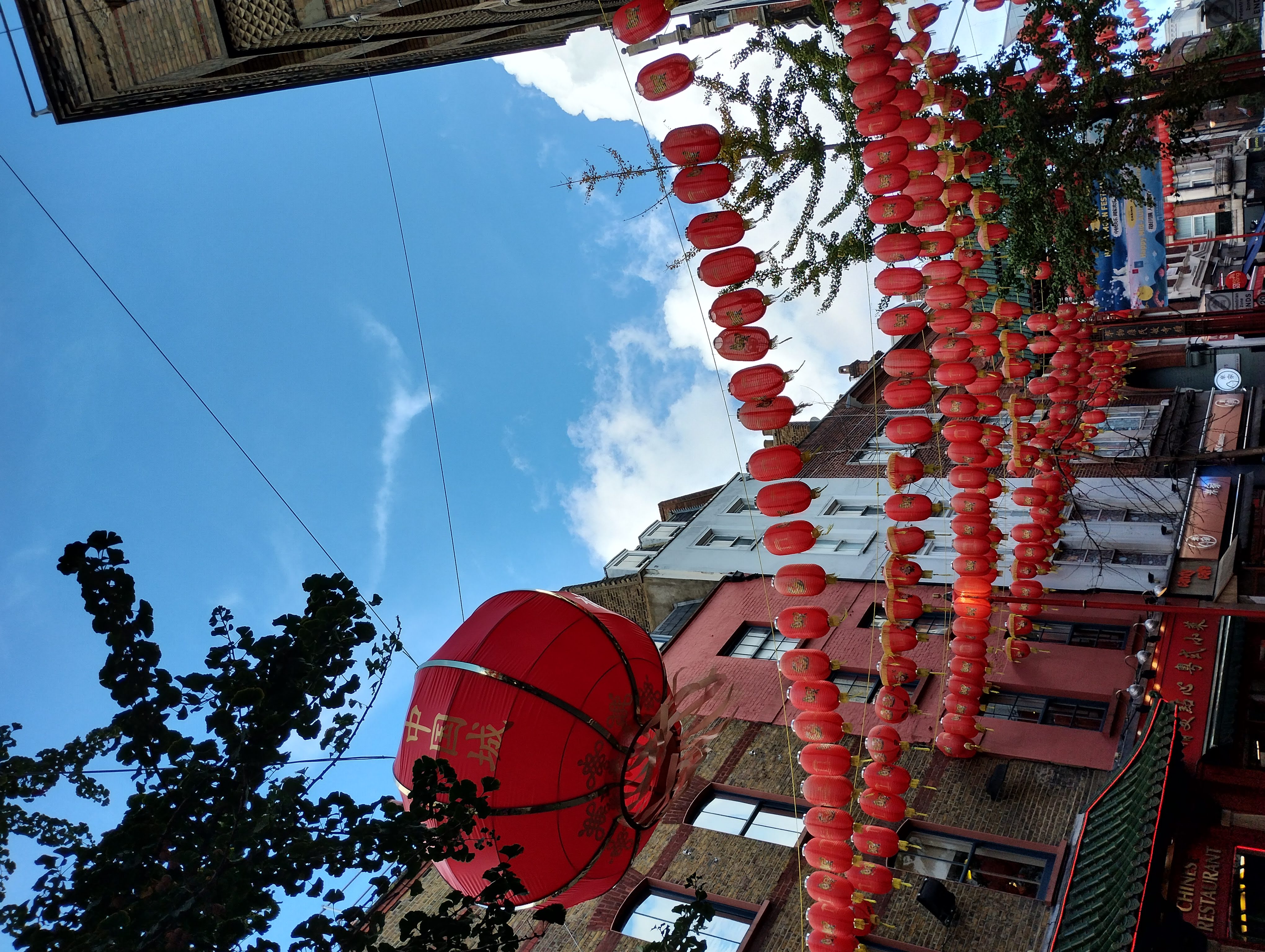
Life as a TCK
Narratives surrounding TCKs often focus on the feelings of a rootlessness but I was lucky in that my experience of growing up with non-British parents in London, being the multi-cultural city that it is, felt rather common. As you saunter down the streets, you notice that many families are composed of mixed nationalities or ethnicities, the smells of various East and South-East Asian cuisines waft through the air and a symphony of different Asian languages formulate a part of London’s soundscape.
Nonetheless, I do wholeheartedly recognise the privileges that I face being half white, and perhaps partly because modern mainstream Australian ‘culture’ has similarities to and is closely intertwined with British culture, I suppose that I have not necessarily felt that I have had to wrestle with three distinct cultures.
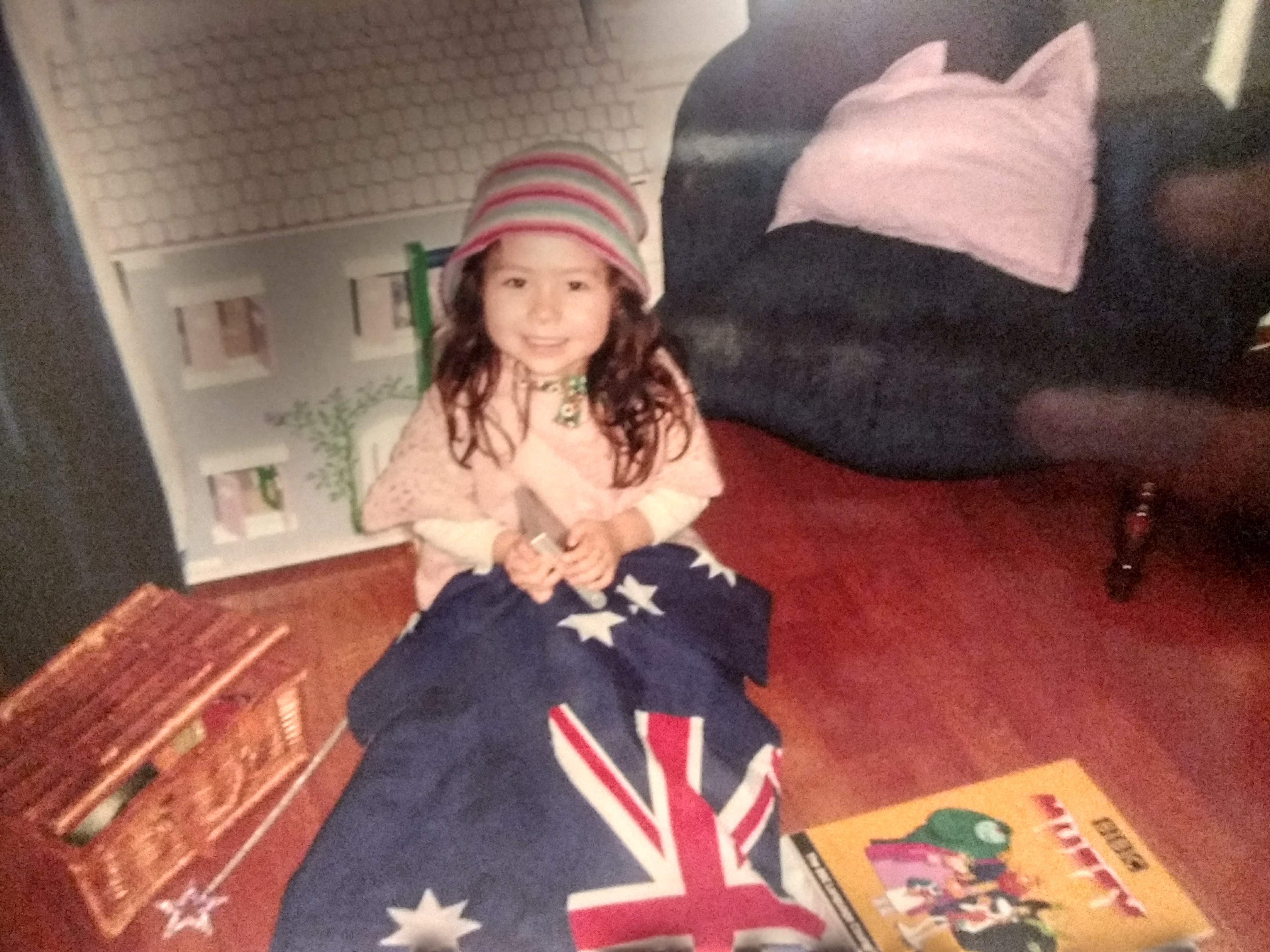
There is not much to indicate outwardly that I have links with Australia, especially since I do not speak with an Australian accent and have never lived there. Yet, I find that I seem to access pieces of Australia through minute actions, like drinking Milo or feeling some sense of comfort internally when I hear the accent. Sometimes, I find myself unconsciously pronouncing certain words with traces of an Australian influence and adopting ’Australianisms’ like ‘barbie’ or ‘singlet’ that have always been used at home within my family.
My Aussie side feels like a private part of who I am because it has primarily been shaped by my family rather than by any external cultural influence. I found myself scouring through the Internet for interviews with fellow half Japanese (more precisely, also from the Kansai region) and half Australian singer, Joji. Despite this same specific cultural background, I searched for other similarities to no avail. This really prompted me to realise concretely that we each have our individual experiences that define our relationship with culture(s) and shape our identity.
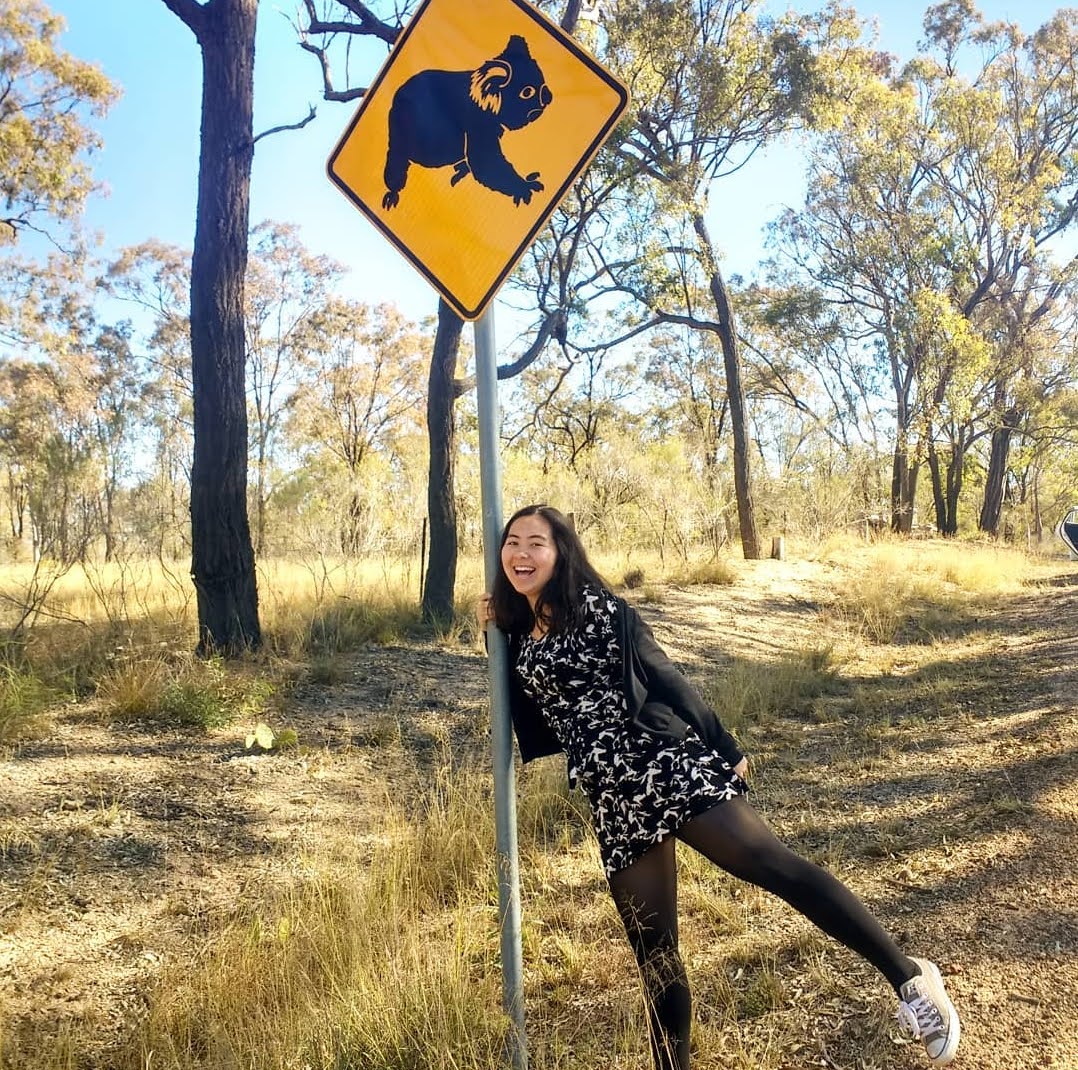
Also, I was incredibly lucky enough to go to Japan and Australia to visit family living in both nations fairly often during long school holidays, and I have considered both nations as extended versions of ‘home’. Due to personal circumstances, I have not yet had the chance to return to my distant homelands since 2018 (Australia) and 2019 (Japan), and the COVID-19 pandemic provided a sheer reminder of the extreme geographical distance between London and the Asia-Pacific region. I have been unable to connect tangibly with places that have shaped me into and have always been so deeply tied to the person that I am.
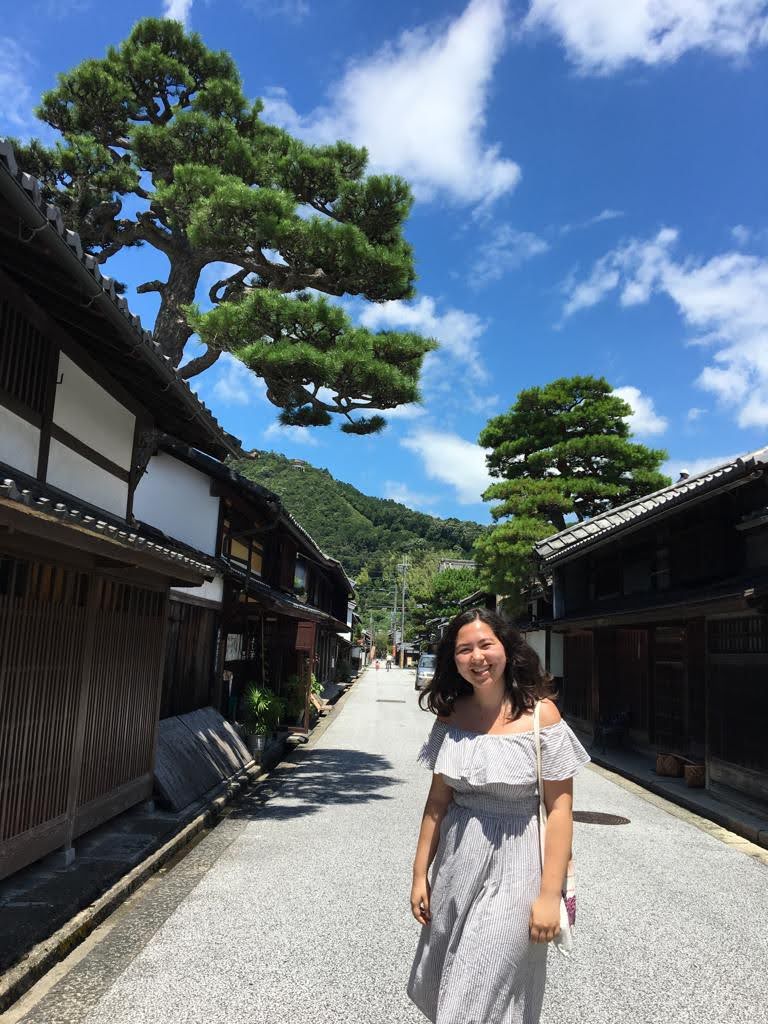
Since properly opening up its borders after the pandemic, Japan has quickly become an incredibly popular tourist destination and it is a noticeable phenomenon. My instagram feed is now flooded with Instagram reels of ‘must-try’ foods or attractions for visitors, and more and more friends of mine are posting on their instagram stories of their trips to Japan. This sudden digital bombardment, alongside my own physical distance, has led me to probe at understanding what these places represent when you’re not there.
Exploring and accessing my mixed heritage
I have had to find new ways of accessing my mixed heritage with a melange of relying on personal memories, creating imaginary versions of these places and engaging with cultural output. My mum’s incredible Japanese home-cooking brings a taste of Japan into our household, and this year, by choosing to focus part of my undergraduate dissertation on Haruki Murakami’s novels, I was able to travel, reminisce and understand my own culture through my own imagination.
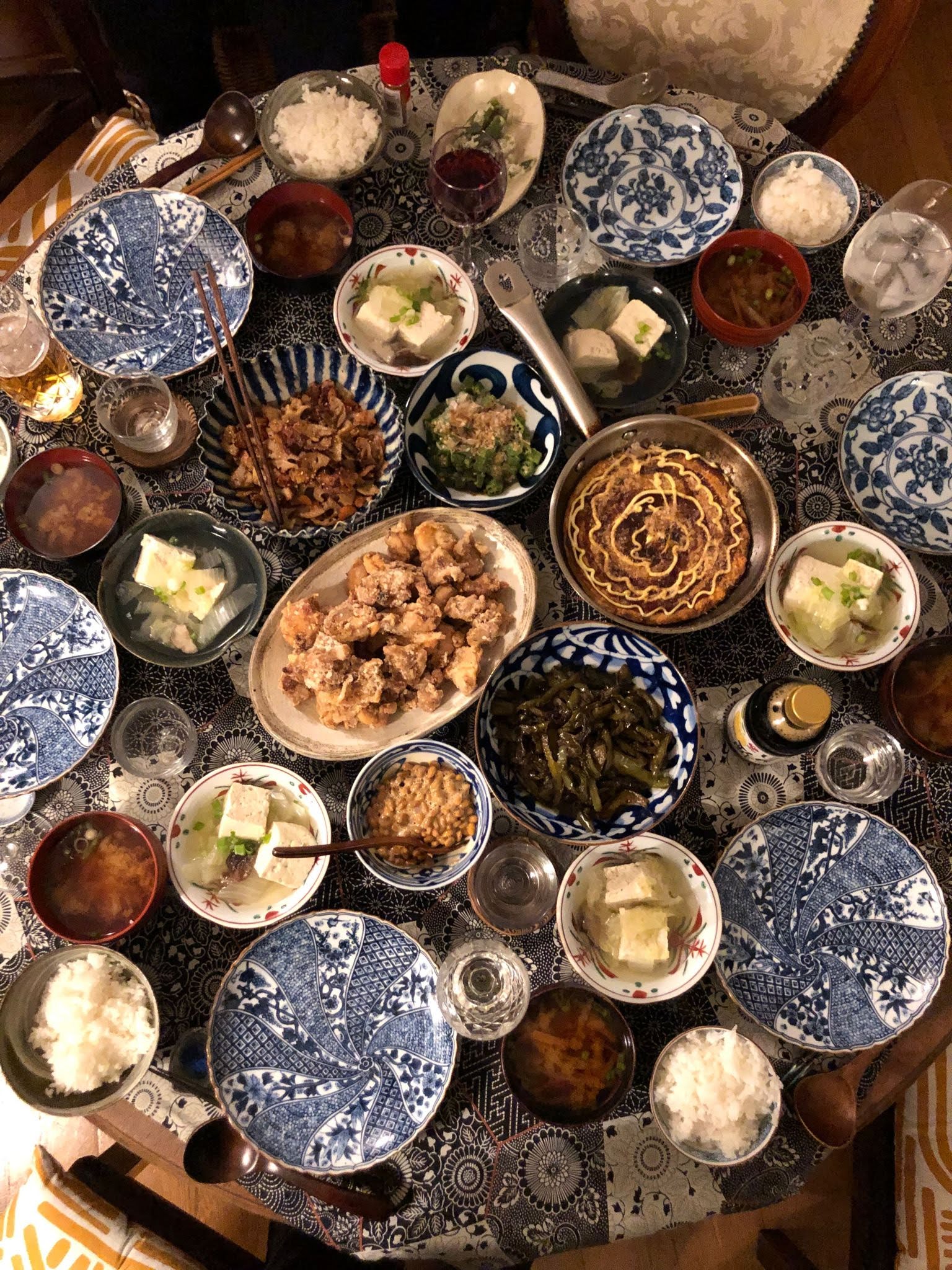
In my exploration as a ‘Third Culture Kid’, I have learnt that nationhood, culture and mixed heritages are all so personal, fluid and dynamic. It is always such a valuable experience to be immersed in the places to which you belong, but in times when you are unable to do so, the idea of ‘home’ can become a place that is close or distant, real or imagined.
Personally, as someone who truly absorbs and appreciates global musical cultures, I really have found that I use Japanese music as a vehicle to access memories of a place that is so deeply rooted in my psyche, as well as any contemporary cultural output. For example, songs by the musical idol group AKB48 remind me of walking through the loud and busy streets of Osaka as a child and memories of my family singing the iconic 1961 hit ‘Ue o Muite Arukō’ (alternatively known as ‘Sukiyaki’) by Kyu Sakamoto at karaoke always creates a bridge between me and my ancestors who lived in a bygone era of Japan.
Additionally, TikTok and other social media platforms have allowed for the music of current popular Japanese artists, like Fujii Kaze, YOASOBI and Imase to spread rapidly to global audiences, including myself. Their music allows me the opportunity to engage with Japan in this day and age and my own ongoing associations with the nation. With the aid of music, I can momentarily travel across the seas to reach a past version of myself there and a version of myself that yearns to be there.

